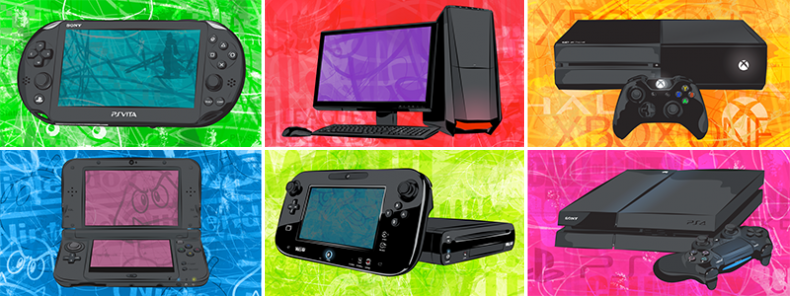When Sony first launched its first generation PlayStation console back in 1996, it sparked an era of domination for video game brands. This continued largely uninterrupted for more than a decade, with superior graphics and gameplay offering a vastly improved experience to players.
The trend has changed hugely over the course of the last 10 years, however, as social and online gaming has gained huge traction in the marketplace. This has also empowered the desktop platform, enabling PC’s to take on consoles and claim a larger market share.
To understand the shift in greater detail, let’s consider popular gaming experiences such as online bingo. According to this bingo quiz by Ladbrokes, there are 3.4 million online bingo players in the UK with an impressive 90% of these under the age of 50. A younger audience has been drawn to the game through innovative gameplay and enhanced desktop graphics, while a freemium business model also empowers players to choose how and when they spend their money.
These elements have combined to excellent effect on other titles too, creating a greater diversity of games for desktop players and drastically reducing the cost of accessibility. This is providing a learning curve for console platforms and developers, who have looked to integrate live, online gameplay into the medium and also introduce freemium experiences to players. Take the new PlayStation title Hitman: Agent 47, for example, which is to be released in an episodic format and on a non-subscription basis.
Additionally, we have also seen the new GTA 5 Online title include access to live, real money casino gameplay, offering a cross-platform experience that enables players to wager their hard-earned money. This type of fusion offers a template for future growth, as consoles begin to borrow heavily from social and online gaming to compete more aggressively with resurgent PC’s.
Above all else, however, consoles must continue to invest in the concept of free-to-access games with tiered, in-game purchase options. This offers the illusion of free and the freedom of choice to players, while eliminating the need for outdated and costly subscription payments.






